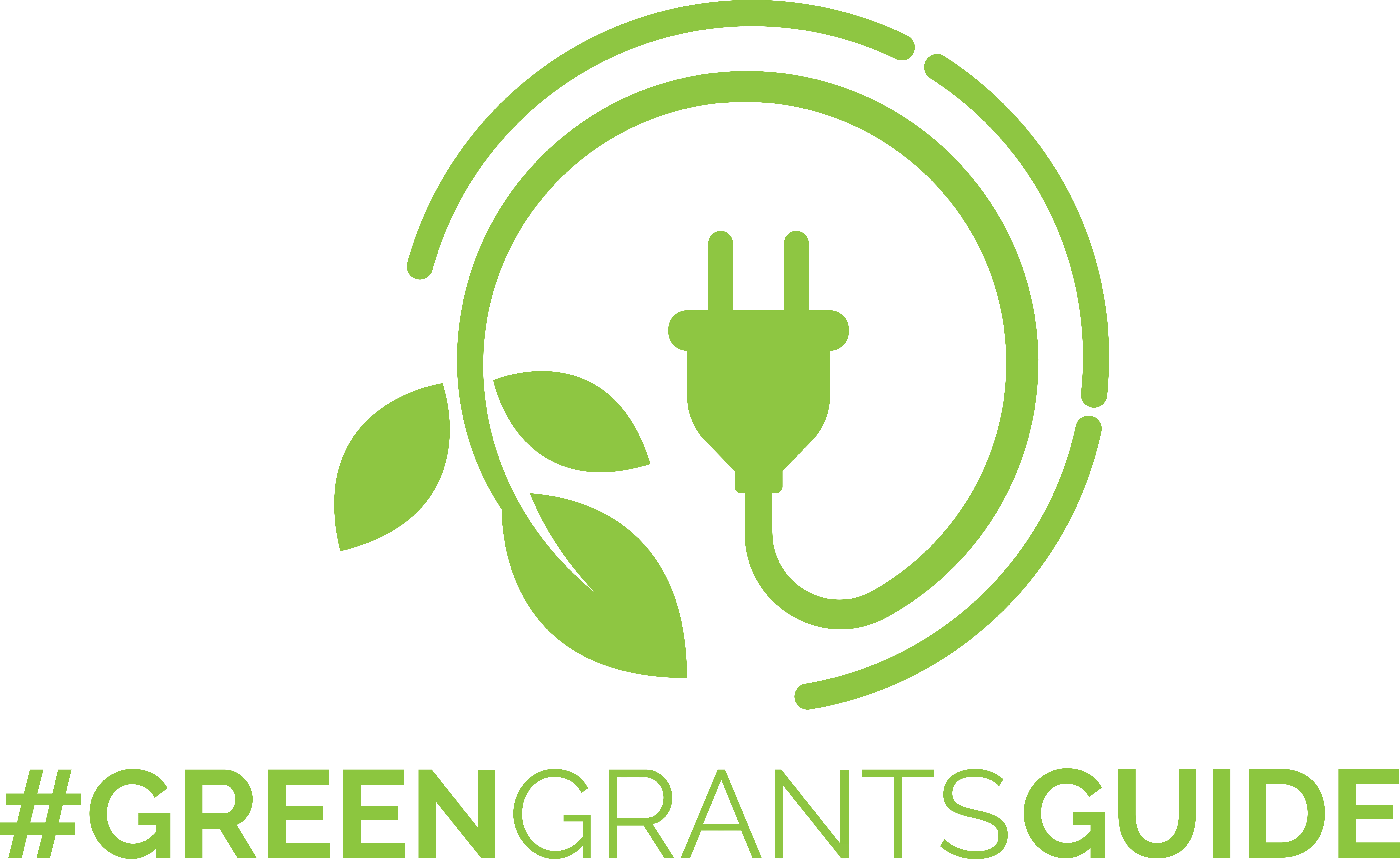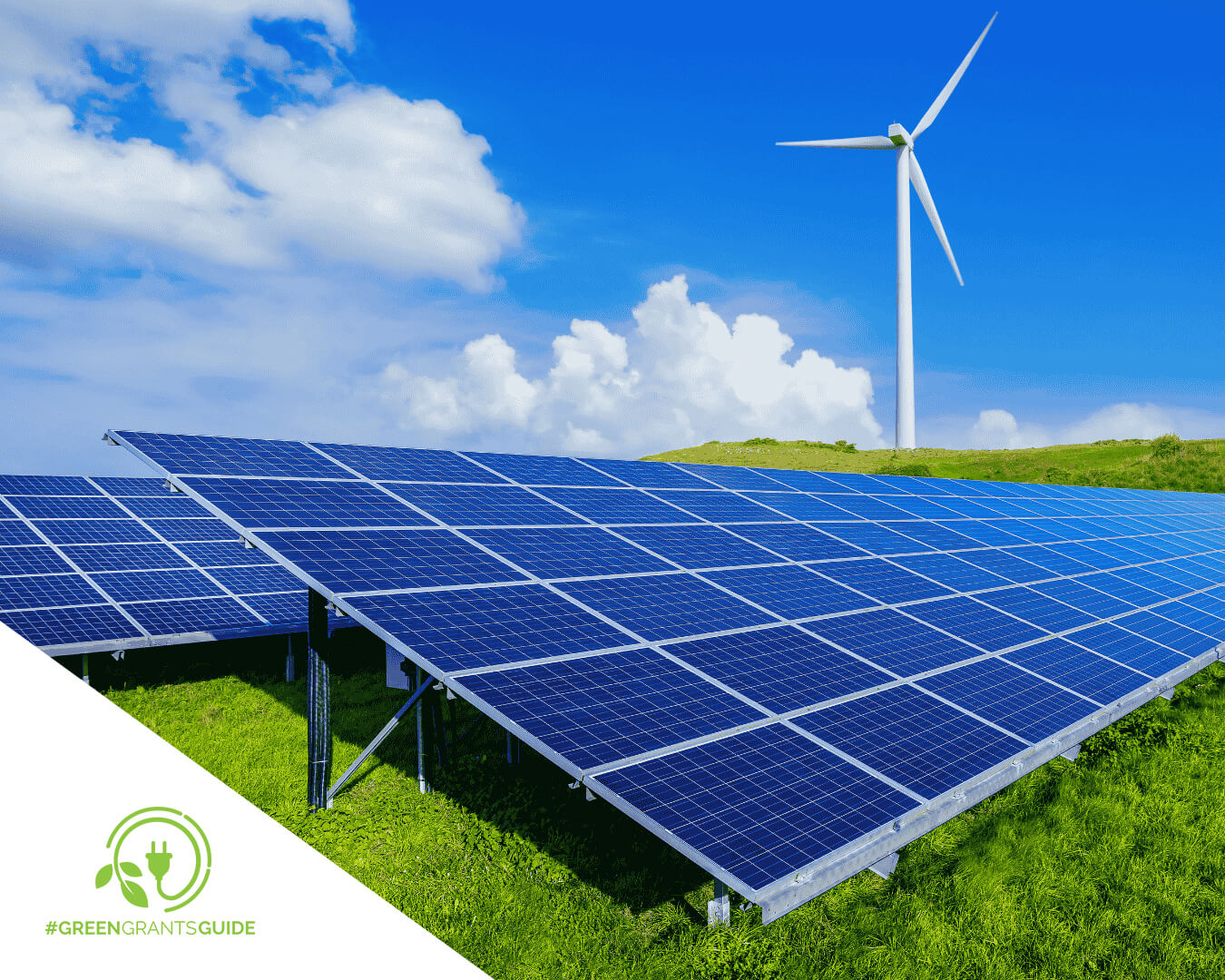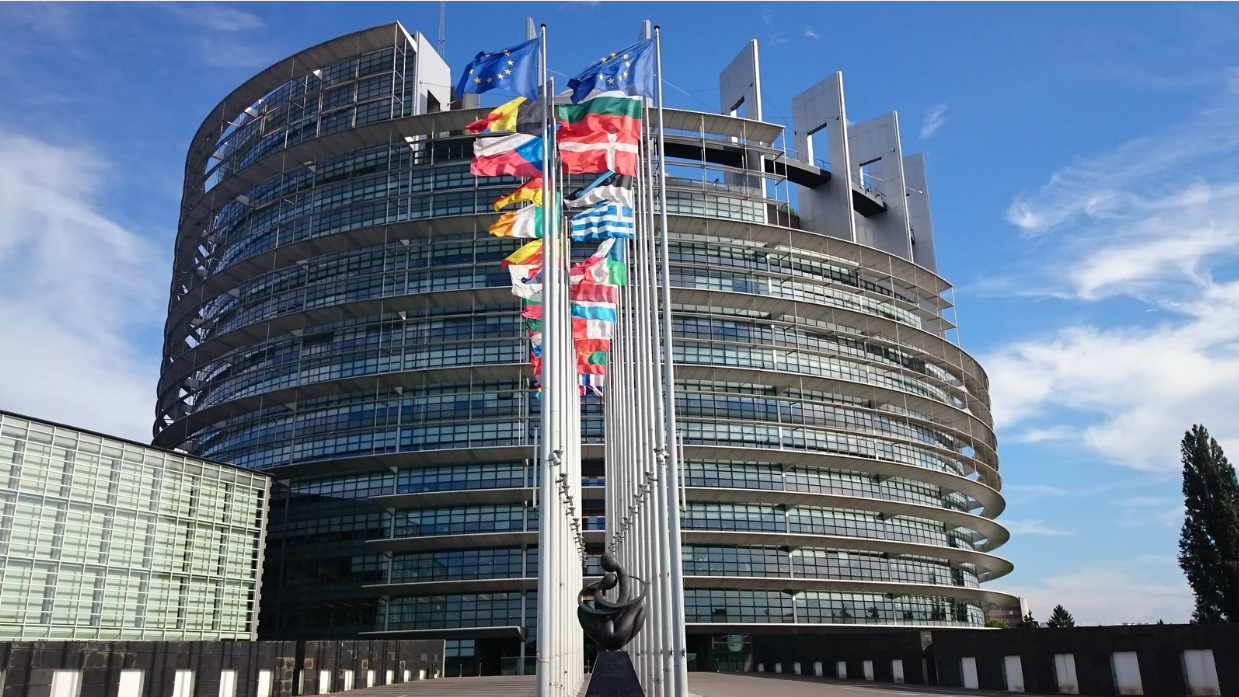Green Energy – Episode 1
Why does the economy need green energy and the related state aid? This is answered by the ibsh GreenGrantsGuide blog series!
Today, this question might sound trivial, as we have all been part of the energy crisis in recent years that hit all of Europe.
But would we still think the same way if we rewound time? Was there anyone who foresaw the dangers, or knew when and what we had to prepare for? I believe these are more thought-provoking questions.
But let’s go back to the beginning of the story!
Hungary’s original goal was to reach 6,000 megawatts of installed solar power capacity by 2030. Since this target has already been met, the new goal is no less than double that, which is also outlined in the National Energy and Climate Plan: by 2030, the country must reach 12,000 MW of solar power capacity.
In addition, the green light was given for the construction of wind farms, with the government planning to reach 1,000 MW of wind energy capacity within the next 10 years. Another target is to replace 1–1.2 billion cubic meters of natural gas consumption with geothermal energy within 10 years.
At the same time, companies are under significant pressure, as they must accelerate their efforts to reduce costs. By 2030, many of them must achieve a complete green transition. This not only means that they must ensure their own production comes from sustainable energy sources but also that they must select suppliers accordingly. Thus, the change will affect not only large companies but also the domestic SME sector, which is also part of the green transition.
The above can only be achieved through cooperation between the government and the participants in the economy, so incentives are needed that contribute to ensuring that:
- Production facilities operate efficiently – energy efficiency subsidies;;
- Locally produced green energy is used locally – renewable energy subsidies;;
- The generated energy can be stored –energy storage systems subsidies;
- The generated energy can be shared with nearby users – the creation and support of energy communities;;
- a PPA (Power Purchase Agreement) structures also represent a meaningful alternative for the economic players.
The goal is shared, the responsibility is shared, and it can be solved together!
This is the aim of the state aid options that will be presented in the ibsh GreenGrantsGuide blog series.

If you want to stay informed about further news, please subscribe to our newsletter.
GreenGrantsGuide epizódjai



